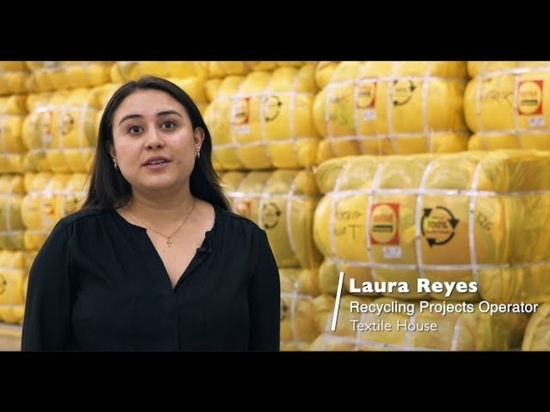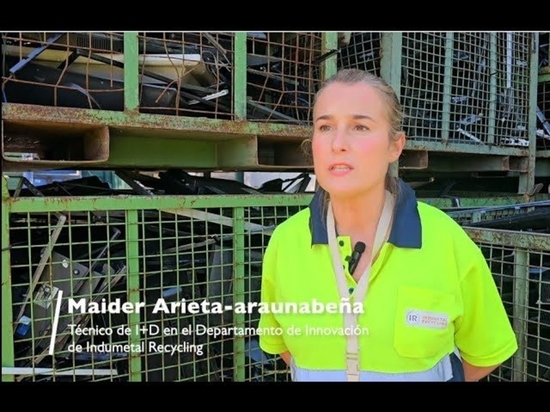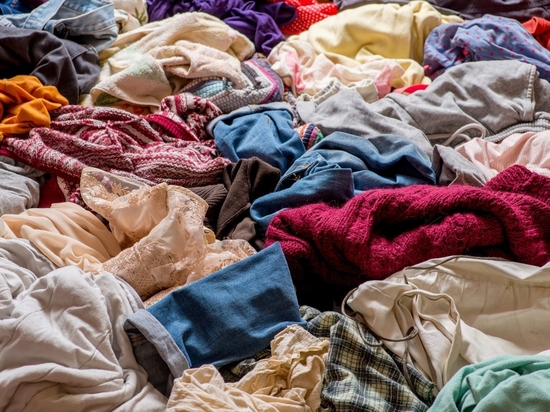
#Industry News
INNOVATIONS AND CHALLENGES IN FLAT GLASS RECYCLING
INNOVATIONS AND CHALLENGES IN FLAT GLASS RECYCLING
INNOVATIONS AND CHALLENGES IN FLAT GLASS RECYCLING
by Picvisa | Mar 5, 2024 | Glass recycling
Glass recycling is essential for sustainable waste management in Europe. However, in countries where separate collection is not well established, glass often ends up in Municipal Solid Waste (MSW). Data reveal that the European volume of glass recovery from MSW is insufficient, highlighting the need to improve recovery processes and equipment.
Flat glass is one of the most widely used materials in construction and in industries such as automotive and architecture. Thanks to its transparency and resistance to temperature changes, it is perfect for outdoor use. This versatile material is used for doors, windows, household appliances and solar panels. Its properties allow the manufacture of different types of glass such as lacquered, tempered, laminated or armoured glass. It stands out for its ability to be infinitely recycled without losing its essential characteristics.
Impact and benefits of glass recycling
Glass recycling is essential for sustainable waste management in Europe. However, in countries where separate collection is not well established, glass often ends up in Municipal Solid Waste (MSW). Data reveals that the European volume of glass recovery from MSW is insufficient, highlighting the need to improve recovery processes and equipment. Recycling glass has multiple benefits for the environment and industry:
Reduces the extraction of natural raw materials.
Reduces the volume of waste in landfills.
Contributes to soil preservation.
Reduces CO2 emissions. Each tonne recycled avoids approximately 300 kg of CO2 emissions.
Energy Saving: Melting recycled glass requires less energy than raw materials.
Improves air and water quality.
The relevance of flat glass recycling
Although flat glass is widely used in construction, its recycling presents particular challenges, especially when it comes to end-of-life building glass. Glass for Europe, the European trade association for the flat glass sector, points out that, despite its recyclability, building glass is rarely recycled into new glass products. This type of glass is often crushed together with other building materials and sent to landfill. Implementing efficient construction waste recovery solutions could enable significant recycling of flat glass. The industry expresses its readiness to support the development of collection, sorting and recycling of construction glass, as well as to incorporate more recycled glass in its manufacturing process, which would result in savings of raw materials, energy and CO2 emissions. Other sectors, such as the packaging industry, ceramics manufacturers, the energy industry and the decoration and jewellery sector, are also stepping up the use of recycled glass, further contributing to its sustainability.
Innovation in the Recovery of Glass from Municipal Solid Waste (MSW)
The European Union has set ambitious targets for glass recycling, and Spain has demonstrated its commitment by reaching an all-time record in 2022 with 939,094 tonnes of recycled glass, 8.5% of European recycling and positioning itself as the fifth country in glass recycling. In this context, at PICVISA, with 20 years of experience in the design and manufacture of optical sorting equipment, such as the renewed ECOGLASS, we are positioned in Spain as leaders in the glass recycling sector and as one of the key players in the search for sustainable solutions for the future. Our ECOGLASS technology plays a crucial role in the recovery of glass from MSW in Spain. With advanced machine vision algorithms, ECOGLASS efficiently sorts and recovers glass, increasing recycling rates and contributing to meeting European targets. ECOGLASS technology has evolved, incorporating constant improvements that raise efficiency and purity rates above 95%.
In Spain, the success in MSW glass recovery is remarkable, with 73,720 tonnes recovered in 2022. Thanks to our ECOGLASS technology, 70% of Spain’s MSW glass has been sorted using advanced optical sorters, not only providing market value but also driving demand for recycled glass. The use of innovative solutions such as ECOGLASS and investment in MSW glass recovery demonstrates Spain’s commitment to European targets, and also promotes sustainable waste management practices. These solutions, by incorporating cutting-edge technology, pave the way for the European Union’s glass recycling targets to become more achievable. In summary, the combination of innovative technologies such as ECOGLASS, the commitment of companies such as PICVISA and Spain’s remarkable achievements in glass recycling paint a promising picture for the sustainable future of waste management and environmental preservation. The flat glass industry, by adopting these efficient solutions, is in a unique position to lead the transition towards an infinite cycle of glass recycling.





